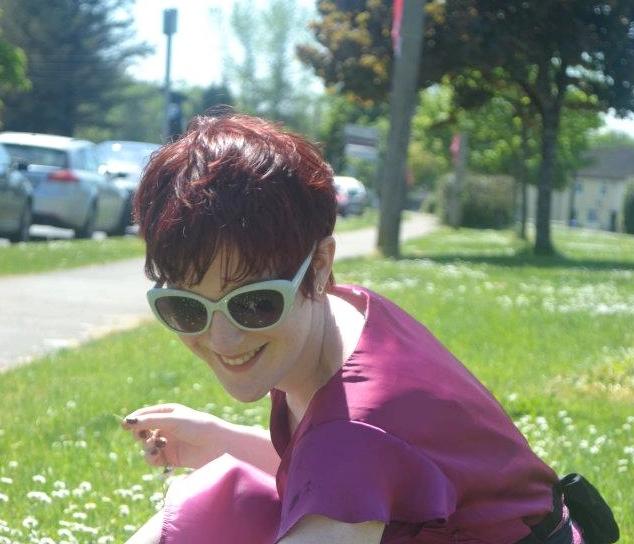- Sep 15, 2005
- 13,075
- 20,637
- AFL Club
- Geelong
I finally finished David Foster Wallace's *epic* 1996 novel 'Infinite Jest' after literally months of reading.
I mentioned earlier this year that I'd started reading it and a couple of posters responded with encouraging and positive comments.
At one point I put my kindle-version of the book down and gave up; but it nagged away at me and I eventually bought a paperback copy and set on my mission to read it.
Now that I have completed the book I have to say it's one of the best things I have read; I finished it about 5 days ago and have been thinking about it ever since, looking up interpretations and insights online etc.
It's a tough read for many reasons; the book is huge (and heavy !), there are approx. 100 pages of *footnotes* alone, which means you need two bookmarks to keep track of where you are up; one for the story and one for the appended footnote section.
Nothing is laid-out on a platter early on; Wallace throws us into this world without a map (ha, even the word 'map' means something else in Infinite Jest !); and very gradually things start to coalesce and make a degree of sense.
The book is choc-full of jargon and acronyms and slang.
The book is structured in a non-linear way; chapters jump around from year to year.
Character arcs are only loosely persued, except in a handful of cases.
In my experience, I got to about 150 pages in and things started getting a little easier as I got used to Wallace's very odd writing style and started to get my bearings plot-wise.
By 300 pages in I was utterly hooked.
If there are other BF posters who have read it I'd love to hear your thoughts on Infinite Jest; e.g. what did you get out of it ?
who were your favourite characters ? favourite scenes ?
I mentioned earlier this year that I'd started reading it and a couple of posters responded with encouraging and positive comments.
At one point I put my kindle-version of the book down and gave up; but it nagged away at me and I eventually bought a paperback copy and set on my mission to read it.
Now that I have completed the book I have to say it's one of the best things I have read; I finished it about 5 days ago and have been thinking about it ever since, looking up interpretations and insights online etc.
It's a tough read for many reasons; the book is huge (and heavy !), there are approx. 100 pages of *footnotes* alone, which means you need two bookmarks to keep track of where you are up; one for the story and one for the appended footnote section.
Nothing is laid-out on a platter early on; Wallace throws us into this world without a map (ha, even the word 'map' means something else in Infinite Jest !); and very gradually things start to coalesce and make a degree of sense.
The book is choc-full of jargon and acronyms and slang.
The book is structured in a non-linear way; chapters jump around from year to year.
Character arcs are only loosely persued, except in a handful of cases.
In my experience, I got to about 150 pages in and things started getting a little easier as I got used to Wallace's very odd writing style and started to get my bearings plot-wise.
By 300 pages in I was utterly hooked.
If there are other BF posters who have read it I'd love to hear your thoughts on Infinite Jest; e.g. what did you get out of it ?
who were your favourite characters ? favourite scenes ?





